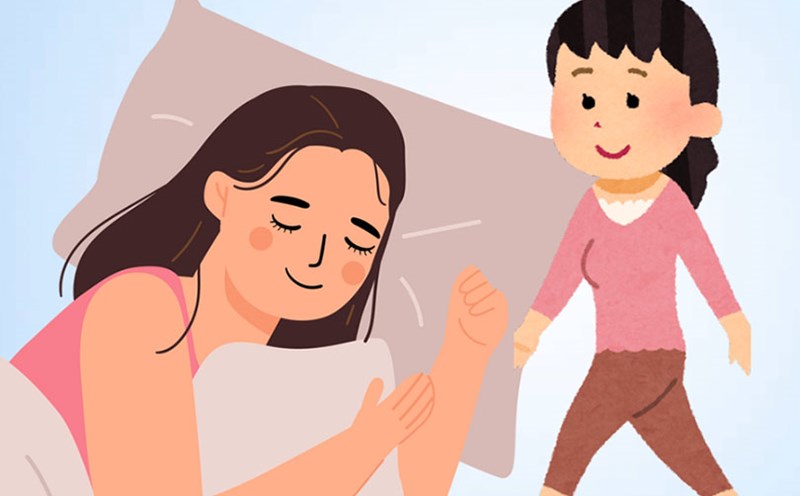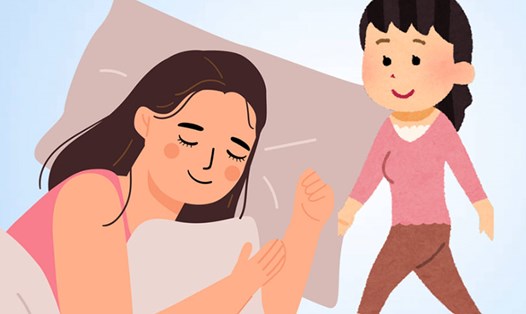Many people feel exhausted but still cannot sleep. This is a condition when the body is tired but the mind is still alert, the brain reflects on events during the day or is immersed in countless thoughts.
Indian neur surgeon Prashant Katakol, with more than 30 years of experience, has explained the cause and treatment of this condition.
In a personal post, Mr. Katakol emphasized that sleep problems often come from daily habits, exposure to light, and even eating habits, not just from bedtime.
Mr. Katakol listed 4 simple but effective changes, including: walking more instead of sitting, reducing surrounding light when the sunset, turning off the screen at least three hours before going to bed and having dinner early, ideally before the sunset, combined with a 20-minute walk later.
According to him, if implemented consistently, these 4 changes will help improve sleep significantly.
Dr. Jagdish Chattnalli, a brain surgeon in Bengaluru, further explained that even though the body is tired, the brain can still function vigorously because circadian rhythm is affected by daily habits.
Irregular sleep schedules, late-day caffeine, prolonged exposure to bright light or screens, and high mental stress in the evening all cause the brain to maintain a state of alertness, delaying natural sleep time.
Artificial light, especially blue light from phones and screens, suppresses the hormone melatonin, which signals the brain that it is time to sleep.
When melatonin is low, the brain misunderstands it as daytime, making it difficult to move to sleep. Reducing light and screens at night helps melatonin increase naturally, informing the brain to prepare for rest.
In addition, increasing exercise during the day, eating dinner early, and maintaining a regular sleep routine helps stabilize the body clock, reduce static conditions and improve sleep quality.
Experts recommend combining these adjustments to ensure that the brain and body rest at the right time, thereby improving overall health.
(The article is for reference only, not a replacement for professional medical advice. Always consult your doctor if you have health questions).











